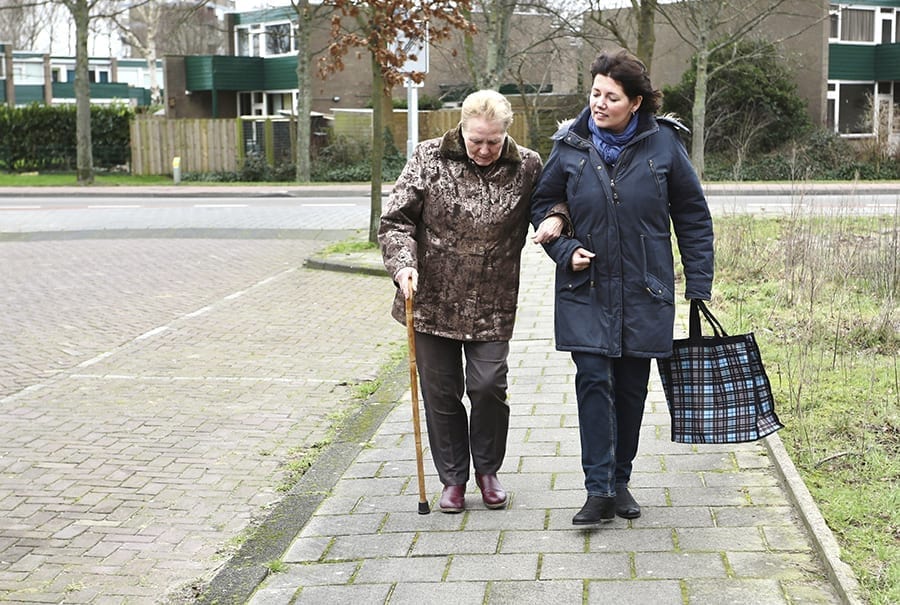
Self-Care Tips for Caregivers and Care Partners
- Caregivers and Family
For the past 45 years, Hosparus Health has been working to improve the quality of life for patients and families facing serious illnesses. We want to take a moment to recognize the significant contributions that our family caregivers and care partners make each day.
Caregiving can be both rewarding and stressful.
According to the Mayo Clinic, about 1 in 3 adults in the United States serves as an informal caregiver. While supporting your loved one can be incredibly rewarding, it can also lead to increased emotional and physical stress. A report from the Centers for Disease Control and Prevention (CDC) provides insight into how the role has impacted family caregivers’ personal health and well-being. Caregivers of all ages, genders, races, and ethnicities noted problems attending to their own needs while managing the responsibilities of supporting a loved one.
Those in caregiving roles reported: a lack of sleep, poor eating habits, failure to exercise, failure to stay in bed while ill, and neglecting their own medical care. Family caregivers are also at increased risk for mental health issues and substance abuse issues.
While the role is challenging, caregivers also report feeling great satisfaction in helping their loved ones. They also report it can lead to strengthened relationships and increased quality of life.
Self-Care Tips for the Care Provider
We want to encourage everyone providing care for their loved ones to try and include self-care as part of their routine. While we understand it can often be easier said than done, listed below are some simple steps and strategies to keep in mind to ensure that you find time and resources to take care of yourself.
- Eating balanced meals –Do so on a regular schedule. Check with your doctor and take a daily multivitamin. Drink adequate water every day.
- Exercise –Move your body daily, even if it’s simply 15 minutes of stretching, yoga, calisthenics, or walking.
- Get outdoors –Fresh air renews the body and spirit, even if you only have time for a brief outing. When possible, open a window.
- Get your rest –Strive for a minimum of six to eight hours of sleep in every 24 hours. If possible, take a nap when your loved one naps.
- Treat yourself –Get treatments for your own aches and pains before they turn into something more serious.
- Don’t ignore your emotions –Pay attention to your own feelings and emotions and seek counseling if needed. We offer individual counseling and support groups at our Grief Counseling Center.
- Take time for yourself –Use relaxation or stress management methods such as visualization, yoga, and meditation. Check out our Guided Meditation playlist on YouTube. Books and videos are also available at our Grief Counseling Center to guide you in these techniques.
- Laugh more often –Laugh, reminisce, and share stories of happy times.
- Ask for help –Friends, family, and religious groups may be eager to assist and may be waiting to be asked and directed.
- Plan ahead –Use the beginning of each week or day to list what you need to do. Doing so may help you avoid panic and rushing throughout the day as tasks pile up.
These tips can help you stay as healthy as possible while you care for your loved one. It’s important to remember – you are not alone! We’re always here to support you. Call us 24/7 at 800-264-0521 or contact us online.
For more tips and resources, visit our family caregiver page here.